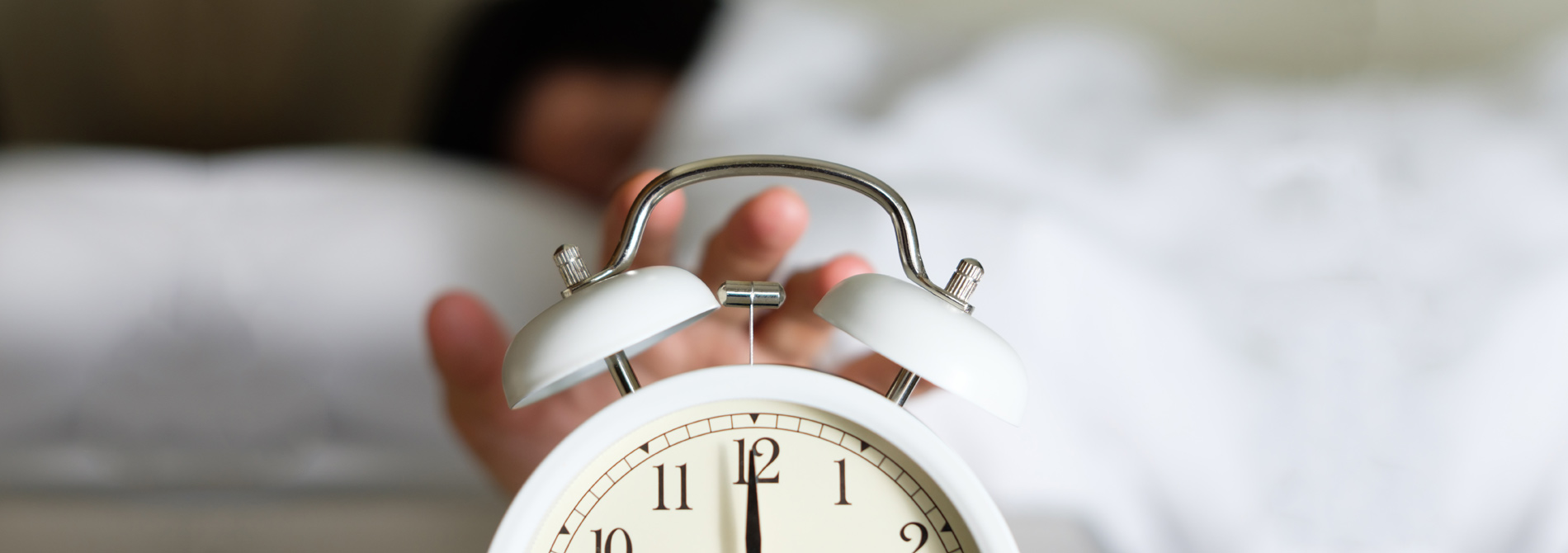Sleep is essential to good health and well-being, but getting the rest you need can be difficult. If you’re struggling with insomnia, alcohol might seem like a quick fix. It has a long history of use as a sleep aid. However, studies have shown that alcohol may help you fall asleep faster but disrupts the quality of your sleep later on in the night. So how does alcohol impact sleep? Let’s take a look at some common questions about this topic.
Alcohol is a depressant that slows down your body and mind. At first, the effects of alcohol may make you feel relaxed and sleepy, but eventually, it causes your breathing to become shallow and irregular. It can also disrupt your sleep cycle, making you more likely to wake up during the night or take longer to fall asleep again after waking up briefly during the night. Overcoming chronic sleep issues related to alcohol can begin by safely detoxing in a medical facility and starting treatment to address an alcohol use disorder.
If you or a loved one need help, call our admissions team today at 561-841-1033.Why does alcohol make you sleepy?
Alcohol is a sedative that slows down brain and body activity. This can make you feel tired and sleepy. Increased drowsiness from drinking may help you fall asleep faster, but it doesn’t guarantee you’ll stay asleep all night or even get a sufficient amount of restful sleep.
How does alcohol affect sleep cycles?
Humans cycle through rapid eye movement (REM) sleep and non-rapid eye movement (NREM) sleep. Each phase and stage of sleep features changes in muscle tone, brain wave patterns, and eye movements. Alcohol can disrupt these sleep cycles, causing you to wake up during the night and fall asleep more quickly than usual. If you drink too much alcohol, it can also cause you to wake up more often during the night.
Is the amount of alcohol consumed a factor in sleep issues?
The amount of alcohol consumed can play a role in how well you sleep. If you drink too much alcohol before going to bed, you may not be able to fall asleep until much later than usual. However, drinking less than usual can still present a problem if you consume enough alcohol for it to be still metabolizing late into the night. Also, heavy drinking can increase your heart rate to the point where it disrupts your sleep.
Alcohol may cause you to snore or stop breathing while sleeping.
Snoring or stopping breathing is another potential outcome of drinking before bedtime. Snoring is more common in people who drink alcohol, but it’s also possible for the opposite to occur: You may stop breathing entirely for short periods of time during sleep. This can be dangerous if it happens often enough and for long enough because it deprives your body of oxygen needed for proper functioning.
Besides drinking, what other factors affect sleep?
As mentioned above, alcohol, as a sedative, can make you feel sleepy. However, there are many other factors that impact your sleep quality and quantity. For example, existing sleep disorders like insomnia and obstructive sleep apnea can cause you to wake up during the night or experience fragmented sleep patterns. Without spending sufficient time in REM sleep, you may feel groggy when you wake up and feel fatigued throughout the day.
You’ll wake up feeling more tired than before you fell asleep.
When you drink alcohol, your body processes it as a depressant. This means that the alcohol will slow down your nervous system and make you feel sleepy. But because of this sedative effect, your body needs time to process all of that alcohol before it can fall into deep sleep. As a result of being too tired from drinking too much or not sleeping well enough due to drinking too much (or both), many people find themselves waking up feeling “hungover,” groggy, and unmotivated in the morning.
Sleep issues related to drinking alcohol can lead to long-term threats to your health.
Feeling tired at work every day is not the only risk of sleep issues caused by drinking. Long-term sleep deprivation can affect you in many other ways. Obesity and cardiovascular disease are among the more severe outcomes of chronic sleep deprivation. You may also experience a lack of energy, mood changes, poor decision-making, reduced attention span and slowed thinking, and a worsened memory.
Get help for sleep issues due to alcohol use.
If you’re worried about how alcohol affects your sleep, the best thing you can do is be honest with yourself. If it’s been a problem in the past or if it seems like it might be now, take some time to reflect on what might be causing this issue. It could be as simple as not getting enough sleep or drinking too much before bedtime—both of which are easily fixed by making some slight changes in your routine. If you or someone you know are having trouble sleeping because of insomnia or anxiety related to alcohol use, Hanley can help.
Hanley is a well-known care provider offering a range of treatment programs targeting the recovery from substance use, mental health issues, and beyond. Our primary mission is to provide a clear path to a life of healing and restoration. We offer renowned clinical care for addiction and have the compassion and professional expertise to guide you toward lasting sobriety.
For information on our programs, call us today: 561-841-1296.




